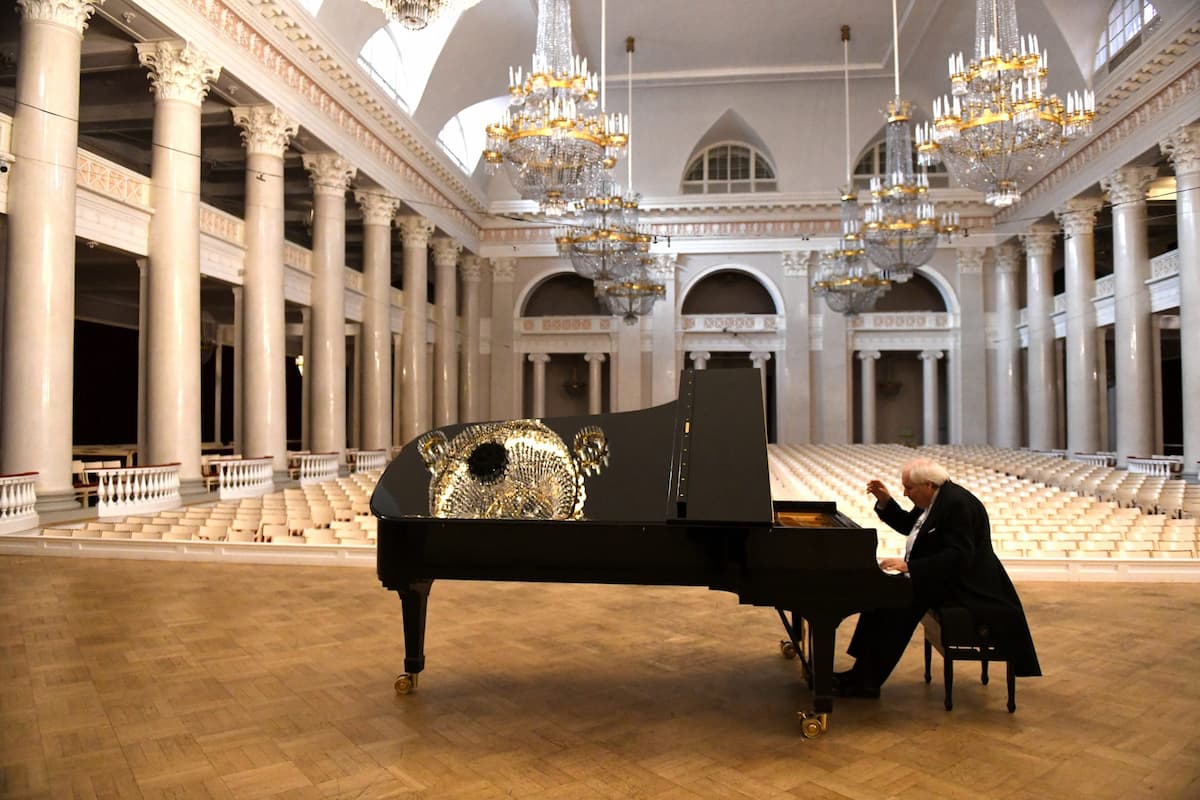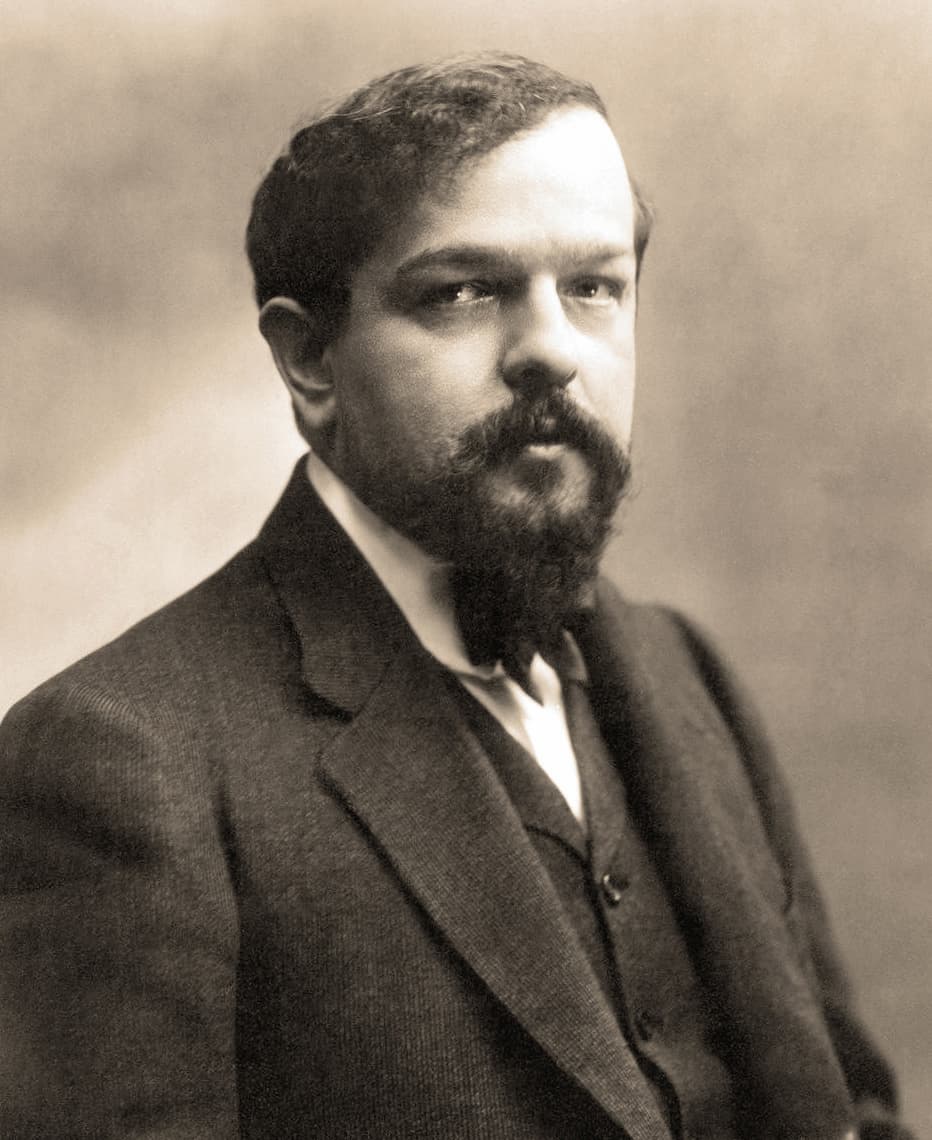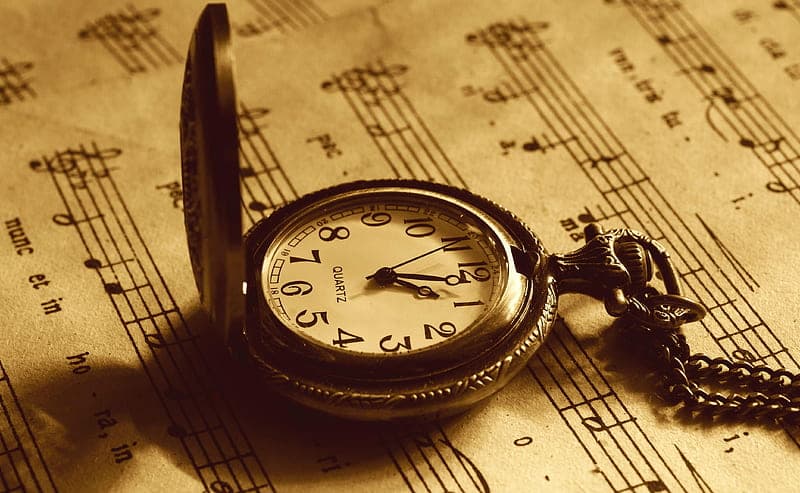Love classical music? Need some reading material? Want to read some great books about classical music?
We’ve got you covered!
Here are sixteen books about classical music that you should read:
The Rest Is Noise, by Alex Ross
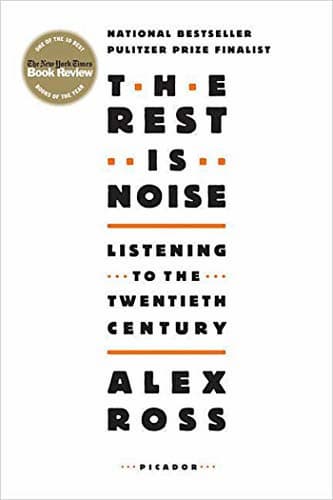
The Rest Is Noise, by Alex Ross
This 2007 book by esteemed New Yorker critic Alex Ross is a must-read.
It begins with an early performance of Richard Strauss’s controversial opera Salome in 1906, and from there tells the history of the twentieth century through its classical music.
Readers will learn about the Second Viennese School, the icy nationalism of Jean Sibelius, the terror experienced by Soviet composers under authoritarianism, the free-spirited composers who came out of mid-century California, and more.
Wagnerism, by Alex Ross
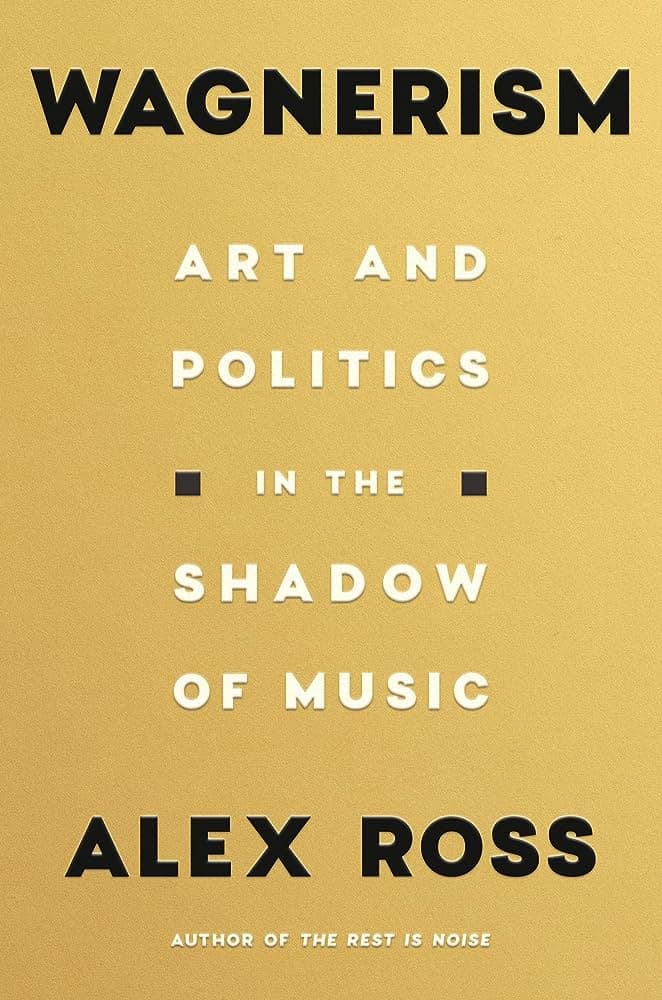
Wagnerism, by Alex Ross
Alex Ross secured his literary legacy with 2020’s Wagnerism, which took thirteen years to write after The Rest Is Noise. And once you read it, you’ll understand why.
This is not, as you might have guessed, strictly a book about Wagner. Instead, it touches on the endless ways in which Wagner’s music and ideas have influenced art, philosophy, and politics.
We read not only about the well-known connections, like between Wagner’s music and Nazi authoritarianism, but also the composer’s impact on people who worked for causes like gender and racial equality.
Johannes Brahms: A Biography, by Jan Swafford
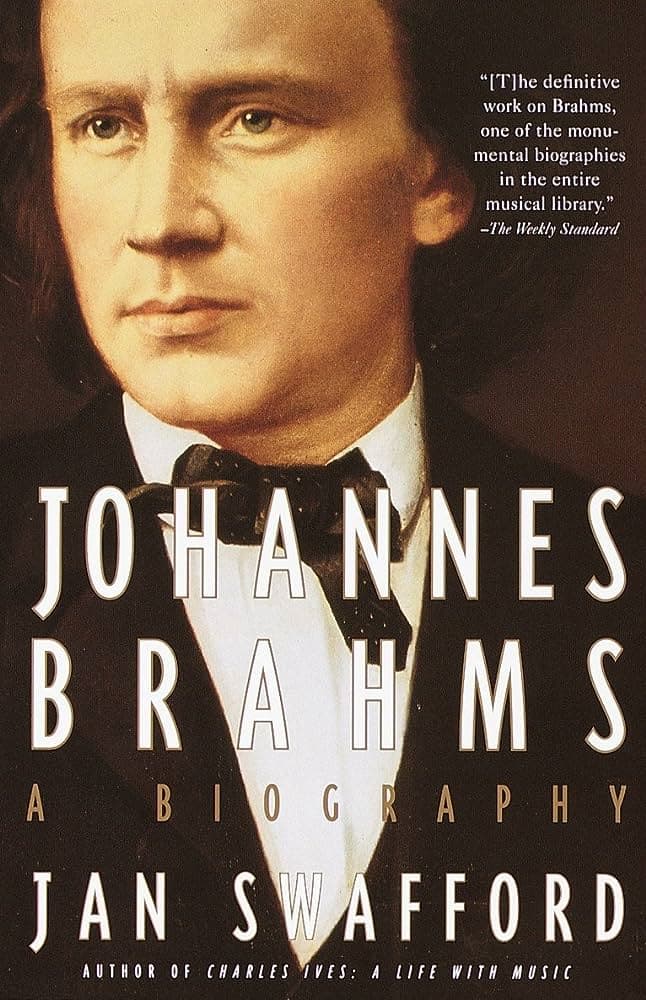
Johannes Brahms: A Biography, by Jan Swafford
Swafford’s biography of Brahms often reads like a novel, in large part because he spends a lot of time discussing the men and women who were in Brahms’s life.
It’s a valuable overview not only of Brahms’s life, but a moving introduction to late-nineteenth century Vienna, the tumultuous War of the Romantics, and the career of Brahms’s great love and musical partner Clara Schumann.
(That last point is very important, as there have not been many full-length biographies written in English about Clara Schumann, and it’s impossible to understand Brahms without understanding her, too.)
Swafford is also very talented at describing Brahms’s music to a lay audience.
The Lives of the Great Composers, by Harold Schoenberg
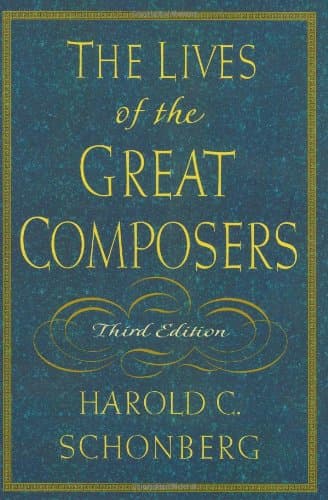
The Lives of the Great Composers, by Harold Schoenberg
Harold C. Schoenberg was a classical music critic at The New York Times from 1960 to 1980, and he was the first critic to win a Pulitzer.
The Lives of the Great Composers was first published in 1970, but later updated in 1981 and 1997. Schoenberg died in 2003, so presumably there will be no updates forthcoming.
Since the roots of the book date from the mid-twentieth century, some of his ideas or attitudes can be read as outdated.
But this is a nice overview for someone who wants smaller biographies of the major composers in one readable volume.
An Equal Music, by Vikram Seth
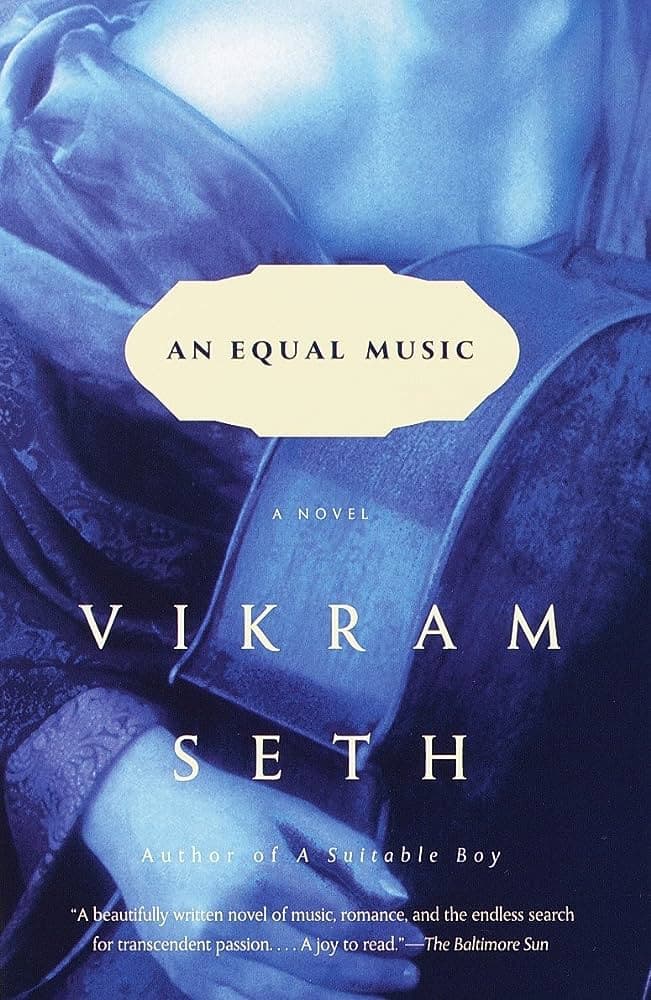
An Equal Music, by Vikram Seth
In Seth’s poetic novel, a violinist named Michael reconnects with a pianist ex named Julia. Although she’s married, they fall back in love with another. She’s also losing her hearing. As you can imagine, drama ensues.
While the book can be a touch melodramatic at times, it’s also gorgeously written, deeply emotional, and does a great job of portraying the unusual world and psychology of professional classical musicians. It’s widely considered to be one of the best novels about classical music of the century so far.
Symphony for the City of the Dead, by M. T. Anderson
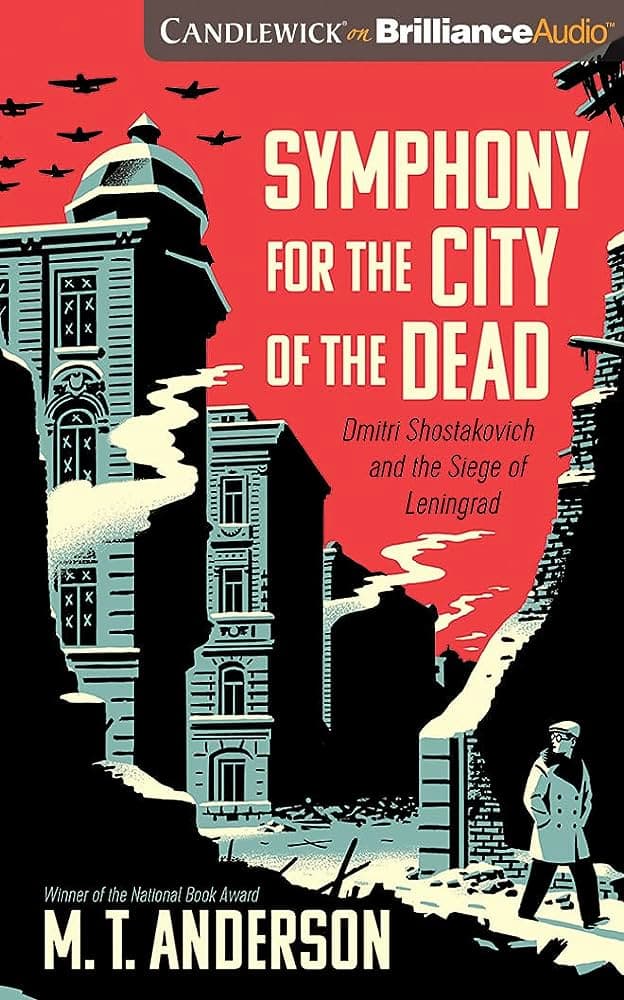
Symphony for the City of the Dead, by M. T. Anderson
This book tells the horrifying story of the 1940s Siege of Leningrad by the Nazis, but through a musical lens.
In 1941, Soviet darling Dmitri Shostakovich began writing his seventh symphony against the dystopian backdrop of the siege.
When it was completed, that symphony became a rallying cry for people all around the world. A performance was even blared onto the battlefield and into the streets via loudspeaker, as a kind of psychological warfare. It was even put onto microfilm and surreptitiously taken out of the Soviet Union to be played in America.
Much like Wagnerism, this is a great book for anyone interested in the intersection of music and politics.
Berlioz: Volume One: The Making of an Artist and Berlioz: Volume Two: Servitude and Greatness, by David Cairns
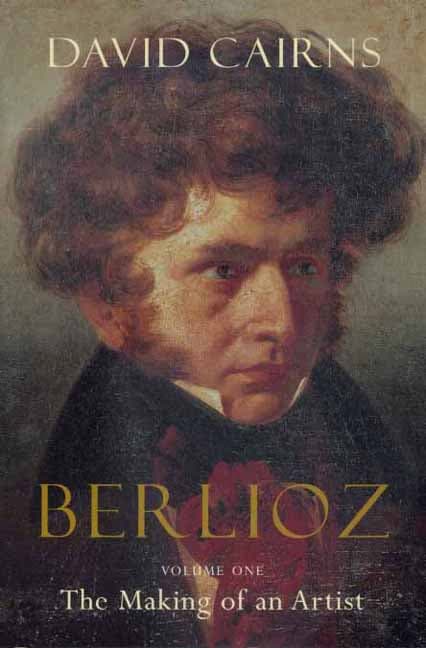
Berlioz: Volume One: The Making of an Artist by David Cairns
David Cairns wrote two massive biographies of Berlioz, each covering half of his life.
They are very well-written, and because of the project’s incredible length, can get into granular detail that not many other composer biographies are afforded.
Berlioz was a talented writer and critic himself, and Cairns takes advantage of that as he tells Berlioz’s story.
Berlioz is a fascinating subject for such a treatment, teetering as he did on a knife’s edge between the receding Classical era and the promise of the Romantic era.
A History of Western Music, by J. Peter Burkholder, Donald Jay Grout, and Claude V. Palisca
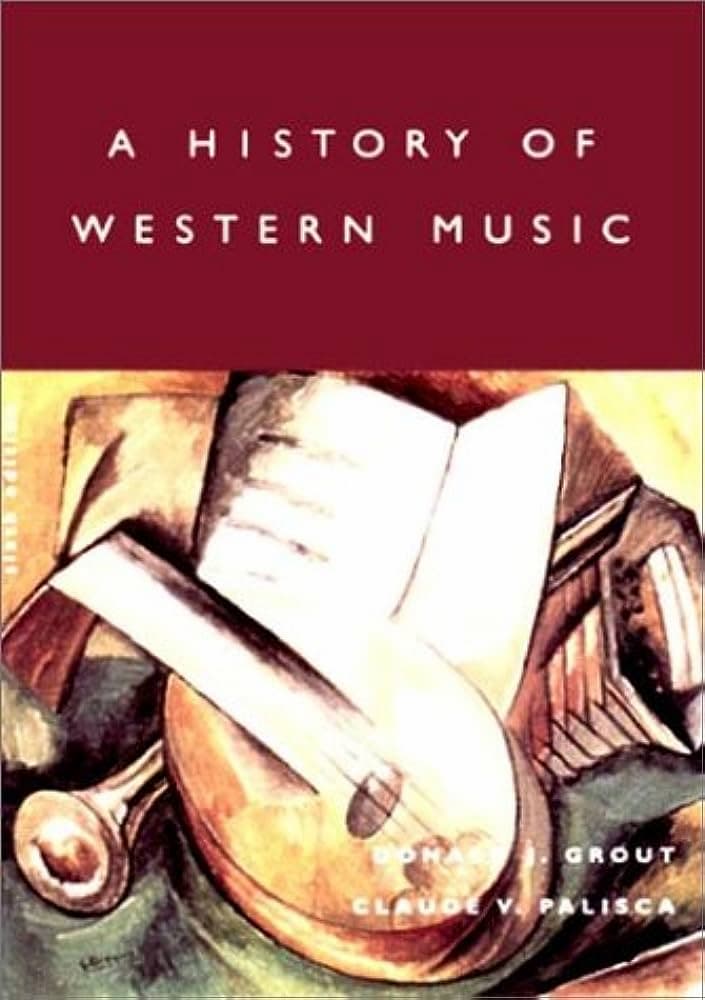
A History of Western Music, by J. Peter Burkholder, Donald Jay Grout, and Claude V. Palisca
A History of Western Music has been used as a textbook in countless college-level music appreciation courses.
It’s easy to see why. This book is thick, long, and heavy. However, while it’s exhaustive, it’s also exhausting: it can be deathly dull.
If you’re interested in the emotional lives of the composers mentioned, or want to delve into detail about any one figure, you’re out of luck here.
But if you’re interested in filling gaps of knowledge, or creating a trellis of information for future research, you can’t go wrong with this book.
Every Good Boy Does Fine, by Jeremy Denk
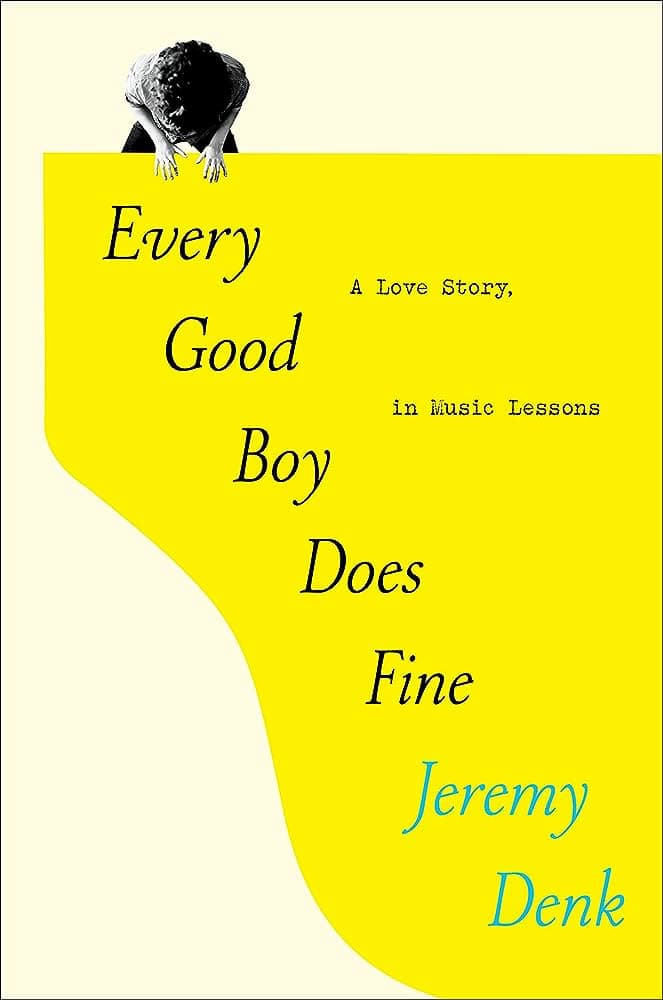
Every Good Boy Does Fine, by Jeremy Denk
We’ve reviewed Jeremy Denk’s book Every Good Boy Does Fine:
In this honest, witty, entertaining and eloquent memoir American pianist Jeremy Denk explores the exigencies of the path he chose for himself when just 11 years of age: “the piano now seemed inseparable from me…..the only way I’d found to express myself, a shelter and a persona“. We encounter his teachers, each significant, formative in his learning, some kind, others tough, even monstrous, yet each giving him more pianistic food for thought (though at times he wonders if lessons with his teacher Lillian were intended to kill any pleasure he might take in music, a sentiment many of us who had lessons as children can understand).
Impressions That Remained, by Ethel Smyth
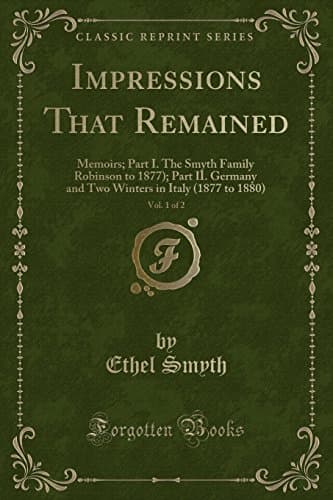
Impressions That Remained, by Ethel Smyth
When Ethel Smyth wrote her memoir Impressions That Remained, she wrote one of the best memoirs in classical music history.
Smyth was a queer woman composer who left England against her family’s wishes to study music in Germany. While there, she met giants like Brahms, Tchaikovsky, Clara Schumann, and others, all of whom make appearances here.
Her work reads as shockingly honest and modern.
Doktor Faustus, by Thomas Mann
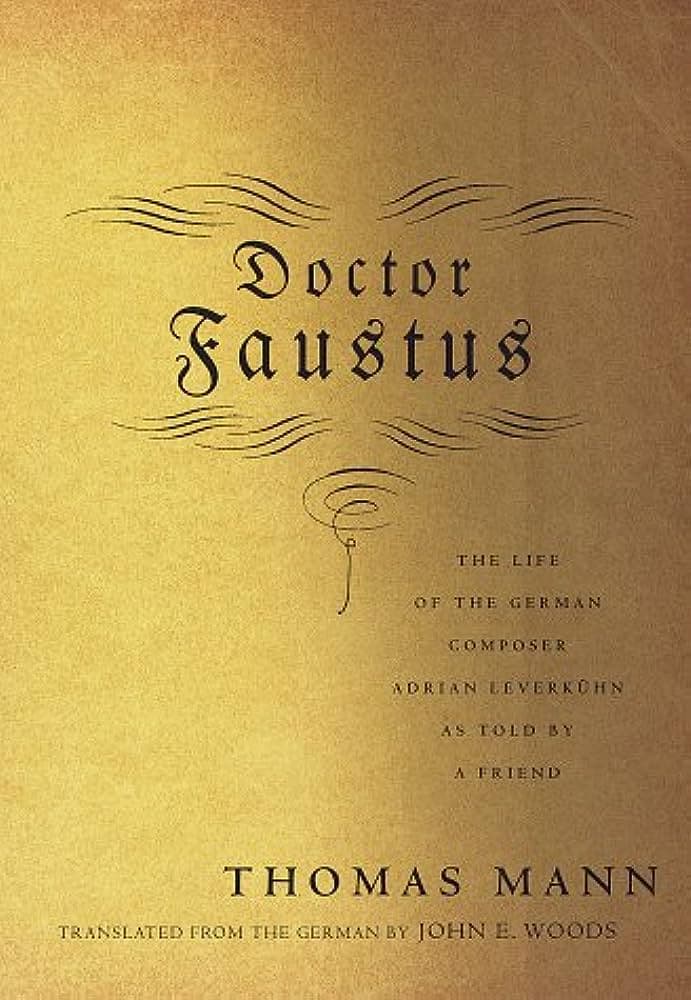
Doktor Faustus, by Thomas Mann
Doktor Faustus, or Doctor Faust in English, is a reimagining of the story of Faust, which was so inspirational to so many writers and composers over so many decades.
In this particular retelling, the central figure is a brilliant composer named Adrian Leverkühn. He comes down with syphilis and makes a deal with a demon-like being. He will enjoy two decades of astonishing boundary-breaking creativity in exchange for giving up on love.
This novel is philosophical and can be tough going. It also speaks to more than just music: it’s about the rise of fascism in Germany, as well as the idea of the creative genius more generally. But many readers have loved it since its publication in the 1940s.
The Piano Student, by Lea Singer
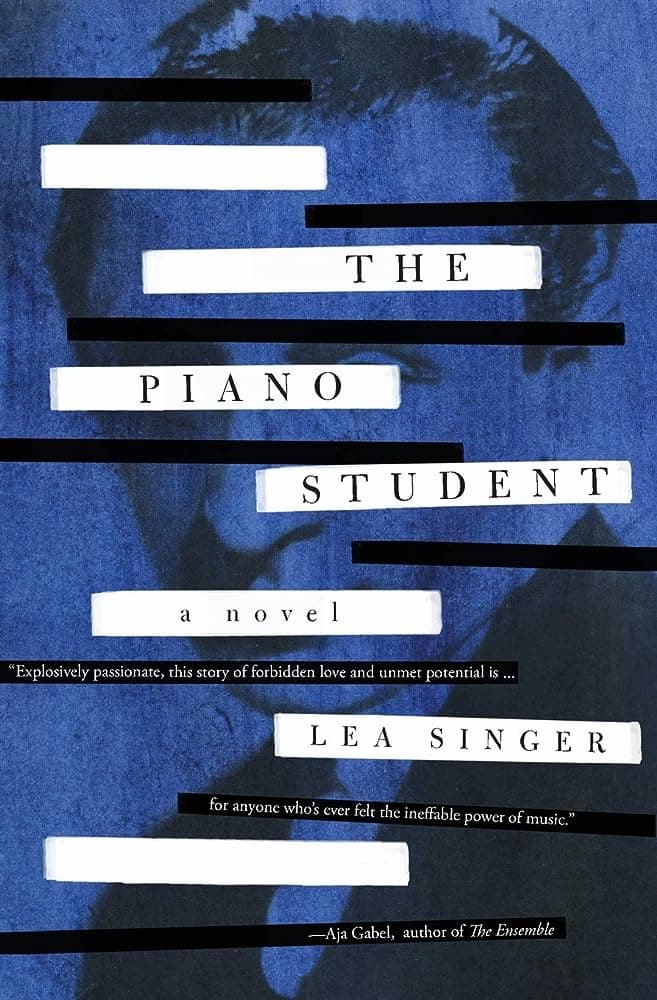
The Piano Student, by Lea Singer
Vladimir Horowitz, perhaps the best-known pianist of the twentieth century, was a closeted gay man. His marriage to Wanda Toscanini – the daughter of the mercurial conductor Artur Toscanini – was stormy and complicated.
Author Lea Singer took inspiration from unearthed letters that Horowitz wrote to his young lover and piano student Nico Kaufmann.
In her slim novel The Piano Student, Singer crafts a poetic and heartbreaking story that walks the fence between fiction and real life.
The Song of the Lark, by Willa Cather
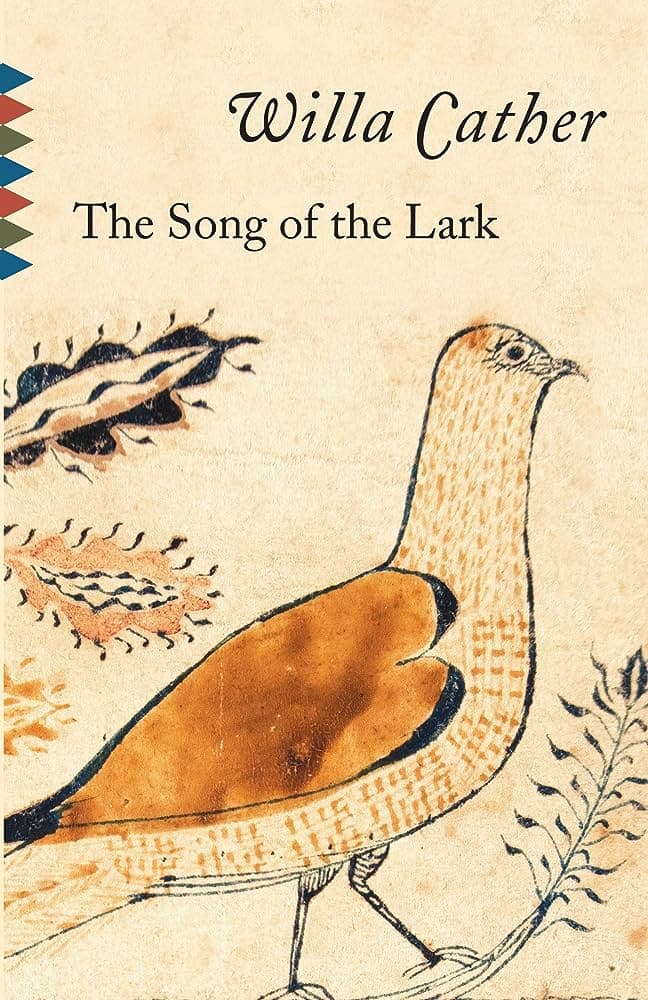
The Song of the Lark, by Willa Cather
Cather’s 1915 novel The Song of the Lark chronicles the childhood and professional rise of a fictional singer named Thea Kronborg, who rises from humble pioneer roots to become one of the greatest opera stars in the world.
Along the way, she must learn how to give herself completely to her art and how to discard friends and family who won’t – or can’t – help her achieve her lofty goals.
As an early piano teacher tells Thea, “Nothing is far and nothing is near, if one desires. The world is little, people are little, human life is little. There is only one big thing – desire.”
Memorable lines like that abound. It is a brilliant, beautiful psychological portrait of what it takes to make it in the arts.
The earlier part of the book may be stronger than the second half, but it’s worthwhile reading for any music lover.
The Violin Conspiracy, by Brendan Slocumb
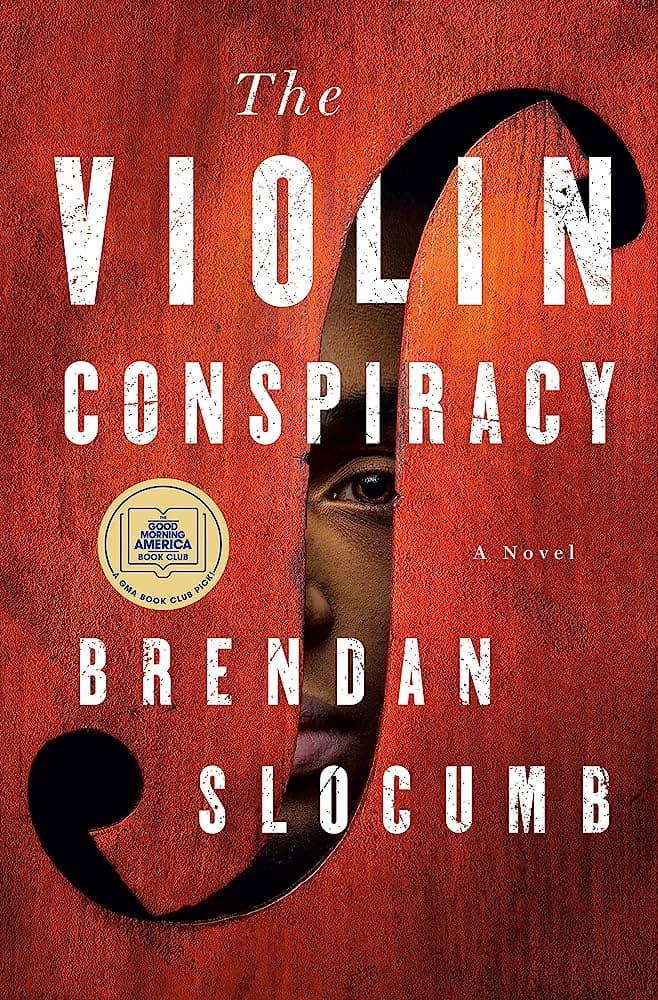
The Violin Conspiracy, by Brendan Slocumb
In this thriller novel, author Brendan Slocumb explores a variety of themes, including the intensity of competition, the worship of fine instruments, and the Black experience in the world of classical music.
Young Black violinist Ray McMillian is set to compete at the Tchaikovsky Competition when his Stradivari violin – which also happens to be a family heirloom – is stolen. McMillian will go to great lengths to ensure its safe return.
In the words of the book’s official summary, “As the competition approaches, Ray must not only reclaim his precious violin, but prove to himself—and the world—that no matter the outcome, there has always been a truly great musician within him.”
Clara, by Janice Galloway
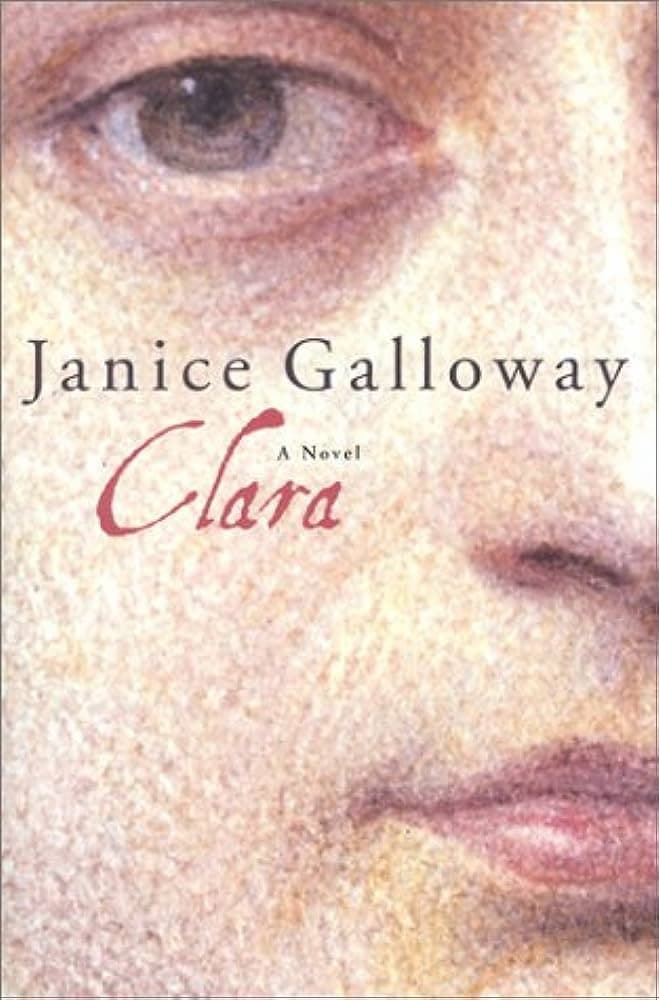
Clara, by Janice Galloway
Clara is a novel that artfully delves into the life of Clara Wieck Schumann, walking the fence between fact and fiction in a similar way to The Piano Student.
The book explores a number of Clara’s life experiences: what it was like to be a prodigy controlled by a cruel father, what it was like to take Europe by storm, and what it was like to fall deeply in love with legendary composer Robert Schumann. (It does not, however, cover her career after her husband’s death.)
Rough Ideas, by Stephen Hough
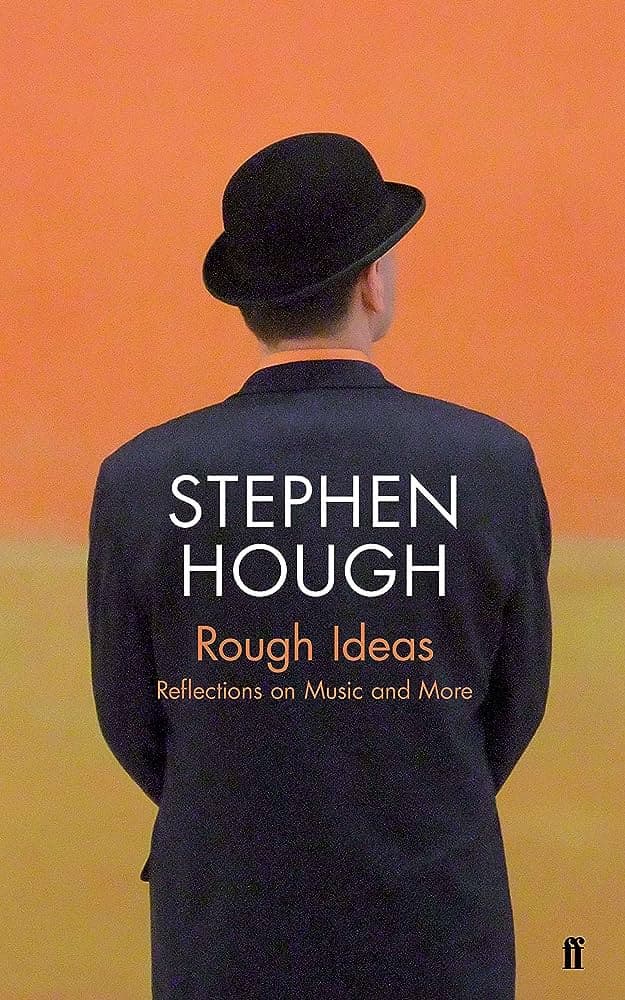
Rough Ideas, by Stephen Hough
We reviewed pianist Stephen Hough’s book Rough Ideas:
As befits a Living Polymath, Hough’s writing net casts wide, and while the bulk of the volume focuses on musicians and music – the exigencies of being a professional musician, the piano and those who play it, concerts (giving and going to them) – there are also engaging articles on art and culture, and more challenging and philosophical reflections on religion and the difficulties of being a gay Catholic.
Most musicians communicate best via their music, but Hough, himself a deeply communicative and intellectually acute pianist, is also an eloquent and intelligent writer, whose words are as carefully crafted and colourfully nuanced as his playing, and the phrasing, cadence and pacing of his writing pleasingly mirrors musical shaping.
Conclusion
From thriller novels to fictionalized stories of real-life performers to scholarly overviews about historical events, there should be a title or two here that appeals to anyone interested in reading about classical music.
Happy reading! Let us know which book is your favorite – or which one you’d want to add to the list.
For more of the best in classical music, sign up for our E-Newsletter

